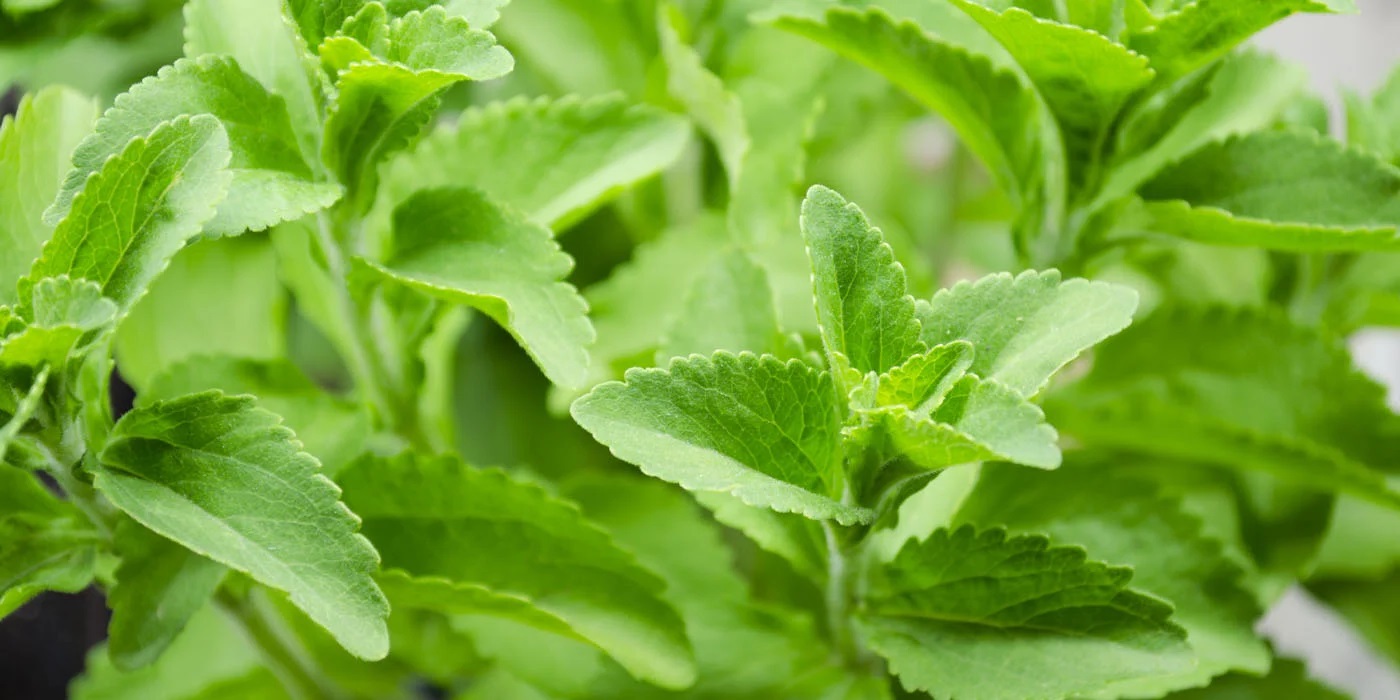
Stevia is a natural sweetener that has gained popularity as a sugar substitute. But what makes it so special? Stevia comes from the leaves of the Stevia rebaudiana plant, native to South America. This plant-based sweetener is up to 300 times sweeter than sugar yet contains zero calories. People often choose stevia for its potential health benefits, such as managing blood sugar levels and aiding weight loss. Unlike artificial sweeteners, stevia is considered safe for most people, including those with diabetes. Curious about how stevia can fit into your diet? Let’s dive into 15 fascinating facts about this sweet plant.
Key Takeaways:
- Stevia is a natural sweetener 200-300 times sweeter than sugar, with no calories. It's used in beverages, baked goods, and dairy products, offering health benefits and environmental advantages.
- Stevia has been used for centuries by indigenous people in South America and is approved for use in over 60 countries. It's a popular sugar substitute with potential anti-inflammatory properties and a minimal environmental impact.
What is Stevia?
Stevia, a natural sweetener derived from the leaves of the Stevia rebaudiana plant, has gained popularity as a sugar substitute. Known for its intense sweetness, stevia offers a calorie-free alternative to traditional sugar. Here are some fascinating facts about this unique sweetener.
-
Stevia is 200-300 times sweeter than sugar. Despite its intense sweetness, it contains no calories, making it a popular choice for those looking to reduce sugar intake.
-
Stevia has been used for centuries. Indigenous people in South America have used stevia leaves to sweeten their beverages and foods for hundreds of years.
Health Benefits of Stevia
Stevia is not just a sugar substitute; it also offers several health benefits. Let's explore some of these advantages.
-
Stevia may help control blood sugar levels. Unlike sugar, stevia does not cause spikes in blood glucose levels, making it a suitable option for people with diabetes.
-
Stevia can aid in weight management. By replacing sugar with stevia, individuals can reduce their calorie intake, which may help with weight loss or maintenance.
-
Stevia has potential anti-inflammatory properties. Some studies suggest that stevia may help reduce inflammation in the body, contributing to overall health.
Stevia in Food and Beverages
Stevia's versatility makes it an excellent addition to various food and beverage products. Here are some interesting ways stevia is used.
-
Stevia is used in soft drinks and juices. Many beverage companies have started using stevia to sweeten their products without adding calories.
-
Stevia is a popular ingredient in baked goods. Bakers often use stevia as a sugar substitute in cakes, cookies, and other treats to create healthier options.
-
Stevia is found in dairy products. Yogurts, ice creams, and other dairy items sometimes contain stevia to reduce sugar content while maintaining sweetness.
Stevia's Environmental Impact
Stevia is not only beneficial for health but also has a positive impact on the environment. Let's look at some environmental benefits of stevia.
-
Stevia cultivation requires less land. Compared to sugar cane or sugar beet, stevia plants need less land to produce the same amount of sweetness.
-
Stevia farming uses less water. Growing stevia requires significantly less water than traditional sugar crops, making it a more sustainable option.
Stevia's Global Popularity
Stevia's popularity has grown worldwide, with many countries embracing this natural sweetener. Here are some facts about its global reach.
-
Stevia is approved for use in over 60 countries. Regulatory bodies in countries like the United States, Canada, and the European Union have approved stevia as a safe sweetener.
-
Japan has been using stevia for decades. Japan was one of the first countries to adopt stevia as a sugar substitute in the 1970s, and it remains popular there today.
Interesting Facts About Stevia
Stevia has some unique characteristics and uses that make it stand out. Here are a few more intriguing facts.
-
Stevia leaves can be used directly. Some people prefer to use whole stevia leaves to sweeten their tea or coffee, enjoying a more natural form of the sweetener.
-
Stevia has a slight aftertaste. Some individuals notice a mild, licorice-like aftertaste when consuming stevia, although this varies from person to person.
-
Stevia is heat-stable. Unlike some artificial sweeteners, stevia retains its sweetness even when exposed to high temperatures, making it ideal for cooking and baking.
Stevia's Sweet Surprises
Stevia isn't just a sugar substitute; it's a game-changer for those looking to cut down on calories without sacrificing sweetness. This natural sweetener, derived from the Stevia rebaudiana plant, packs a punch with its zero-calorie content and impressive health benefits. From managing blood sugar levels to supporting weight loss, stevia offers a healthier alternative to traditional sugar.
Its versatility in cooking and baking makes it a favorite among health enthusiasts and chefs alike. Plus, with its growing popularity, you can find stevia in various forms, from liquid drops to powdered extracts.
Whether you're diabetic, on a diet, or just looking to make healthier choices, stevia stands out as a fantastic option. So next time you reach for that sugar bowl, consider giving stevia a try. Your body—and taste buds—will thank you!
Frequently Asked Questions
Was this page helpful?
Our commitment to delivering trustworthy and engaging content is at the heart of what we do. Each fact on our site is contributed by real users like you, bringing a wealth of diverse insights and information. To ensure the highest standards of accuracy and reliability, our dedicated editors meticulously review each submission. This process guarantees that the facts we share are not only fascinating but also credible. Trust in our commitment to quality and authenticity as you explore and learn with us.


